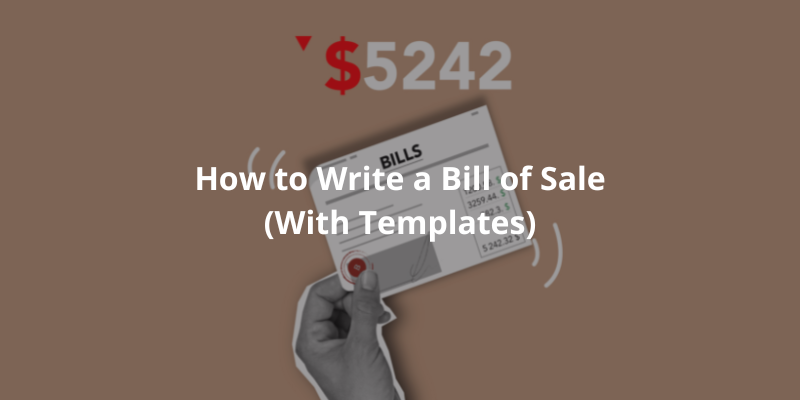Personal Contract / Loan / Service


A personal contract is a contract that binds a single individual and not the group, entity, or company that the individual represents. Nor does it bind the individual's heirs or assignees because the contract requires the individual to perform without a suitable substitute.
Personal contracts tend to be less formal than commercial contracts. They can be an agreement between two friends to transfer properties, which is more of a written record of the transaction. Even if it is less formal, a written personal contract can help encourage both parties to act professionally and ethically in fulfilling their contractual obligations, rather than relying purely on a gentlemen’s agreement.
A personal loan agreement is a legal document that is completed by the lender and borrower to determine the terms and conditions of the loan. This document is a contract, and it may or may not be a personal contract depending on the terms (the person's estate is generally responsible for the repayment). The borrower shall comply with its terms, conditions, and applicable laws. Payments must be made on time and as directed by the agreement.
A personal loan is a sum of money borrowed by a person and can be used for any purpose. The borrower will be responsible for repaying the loan and paying interest. Interest is the cost of a loan, calculated on an annual basis. The lender can be a bank, financial institution, or individual-the loan agreement that is legally binding in any case.
Unlike business loans or car loans that specify how funds are used, personal loans can be used by borrowers for any purpose. Because personal loans are more flexible and not tied to a specific purchase or purpose, they are often unsecured. This means that debt is not related to any assets, such as home mortgages or car loans. If additional securities or guarantees are needed for personal loans, they should be specified in the agreement.
Personal loan agreements are generally simpler than commercial loan agreements. A personal loan agreement would typically include the following:

20 Jun 2025
2 min read

3 Feb 2023
6 min read

4 Aug 2022
6 min read

22 Jul 2022
6 min read

6 Jul 2022
6 min read

23 Jun 2022
7 min read

10 Jun 2022
6 min read

22 Jan 2021
6 min read

15 Jan 2021
6 min read
Not the right document?
Don’t worry, we have thousands of documents for you to choose from: